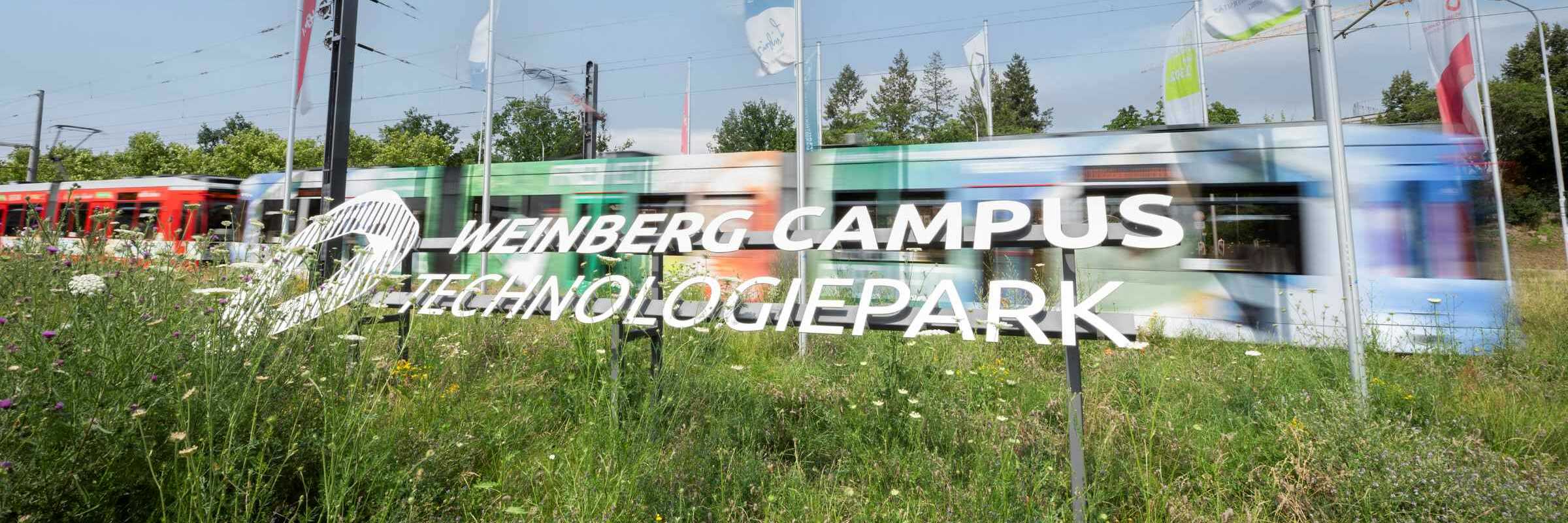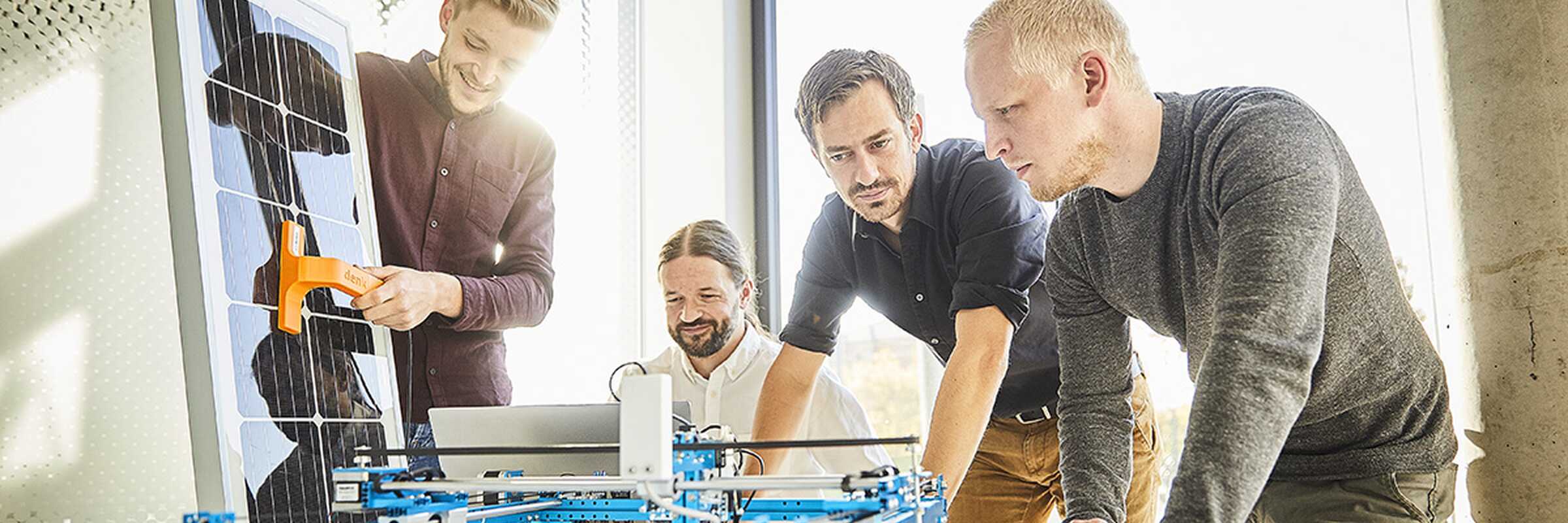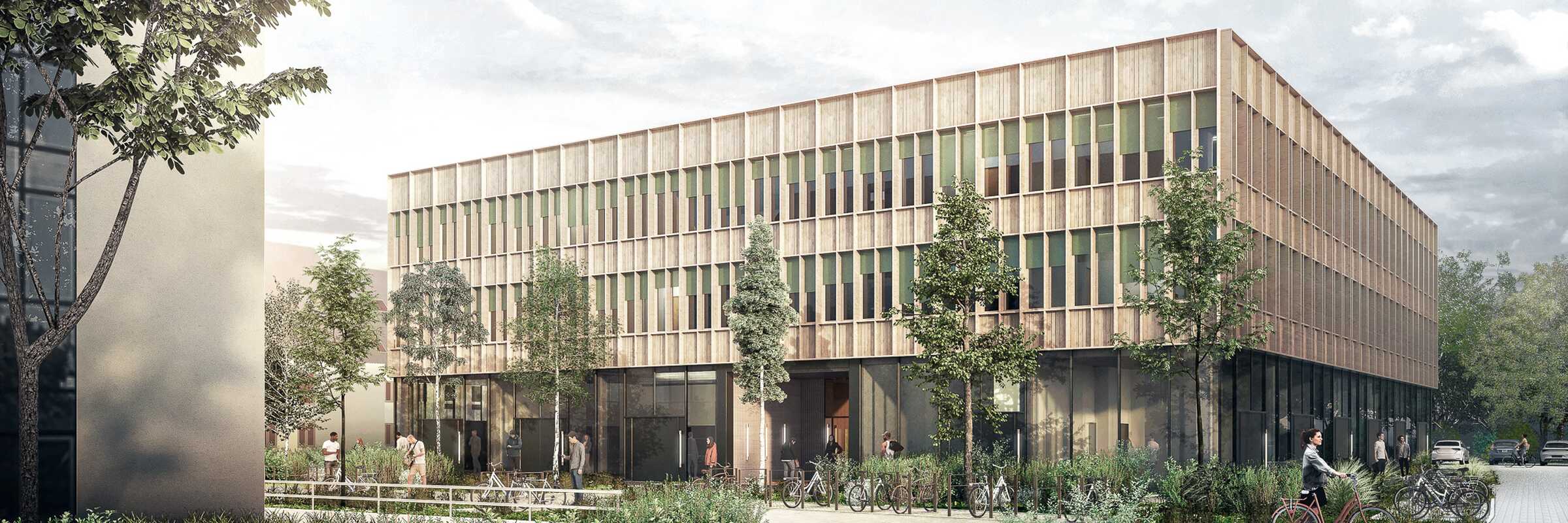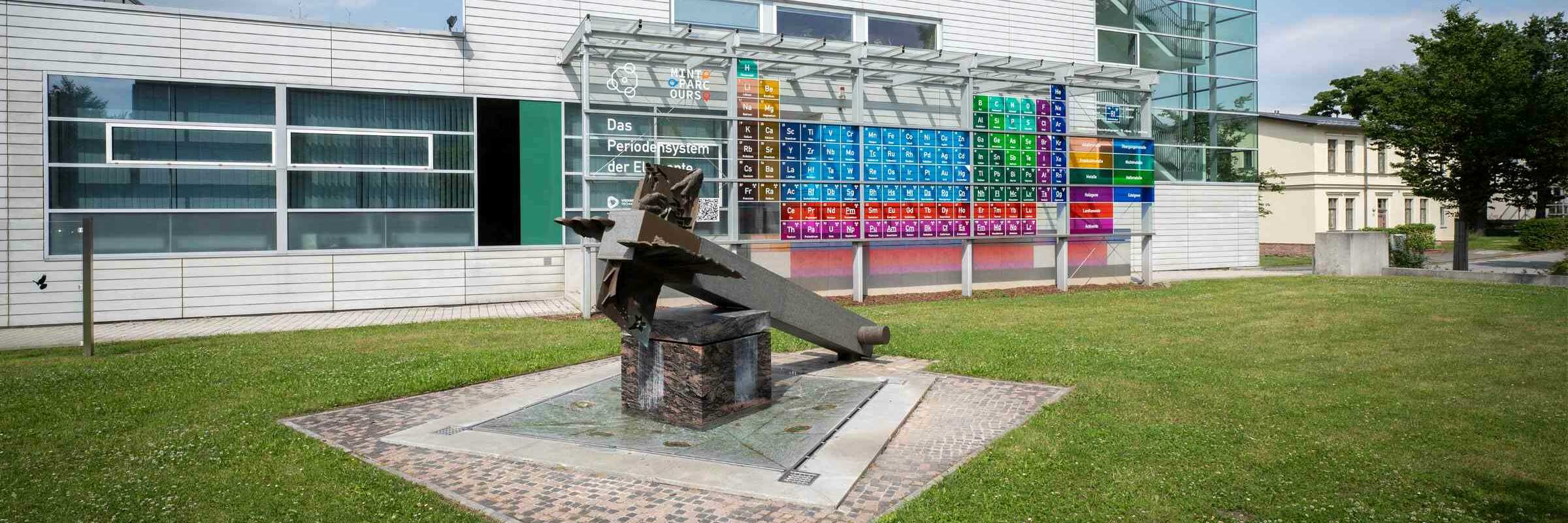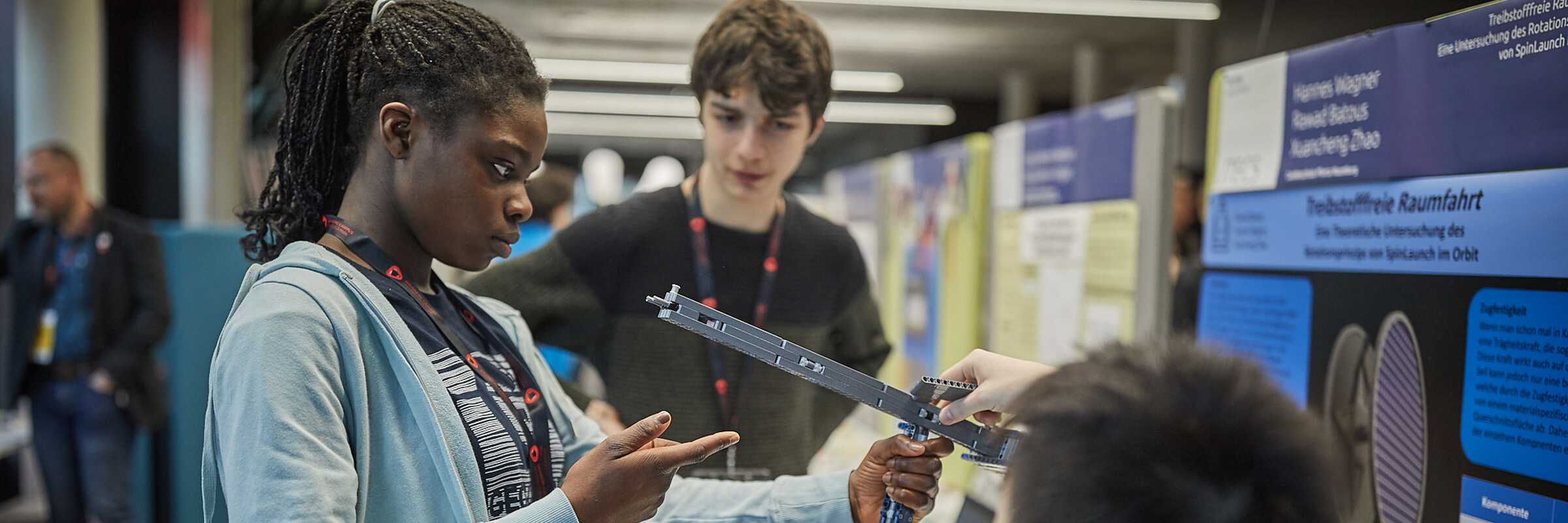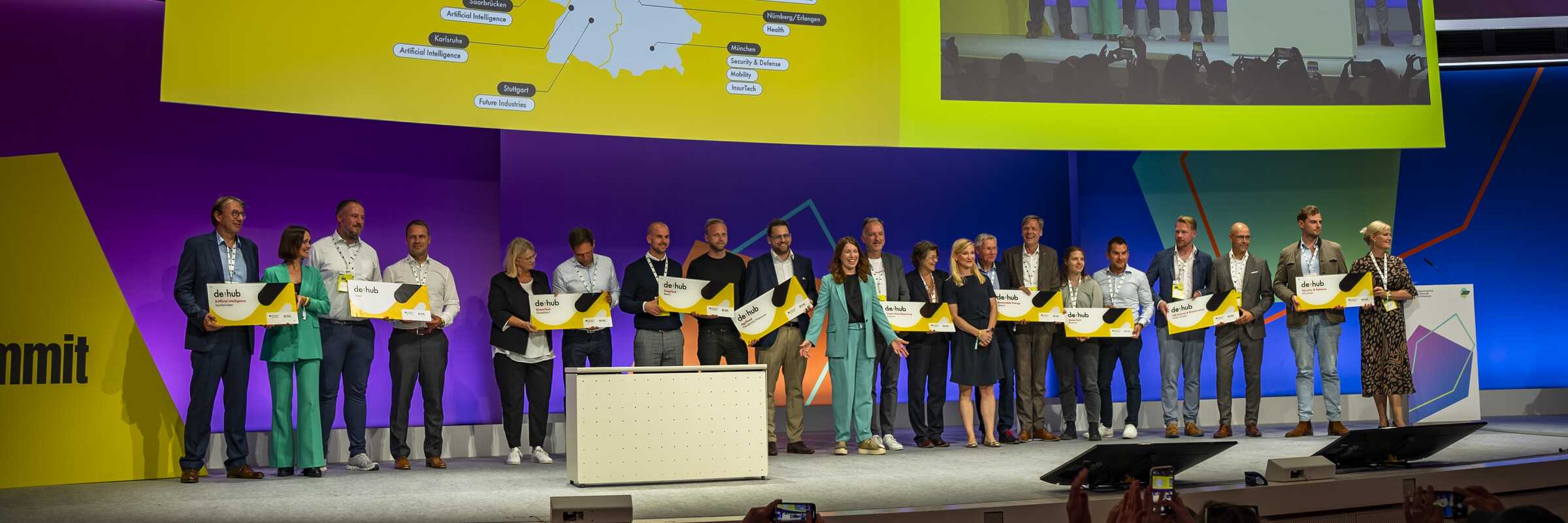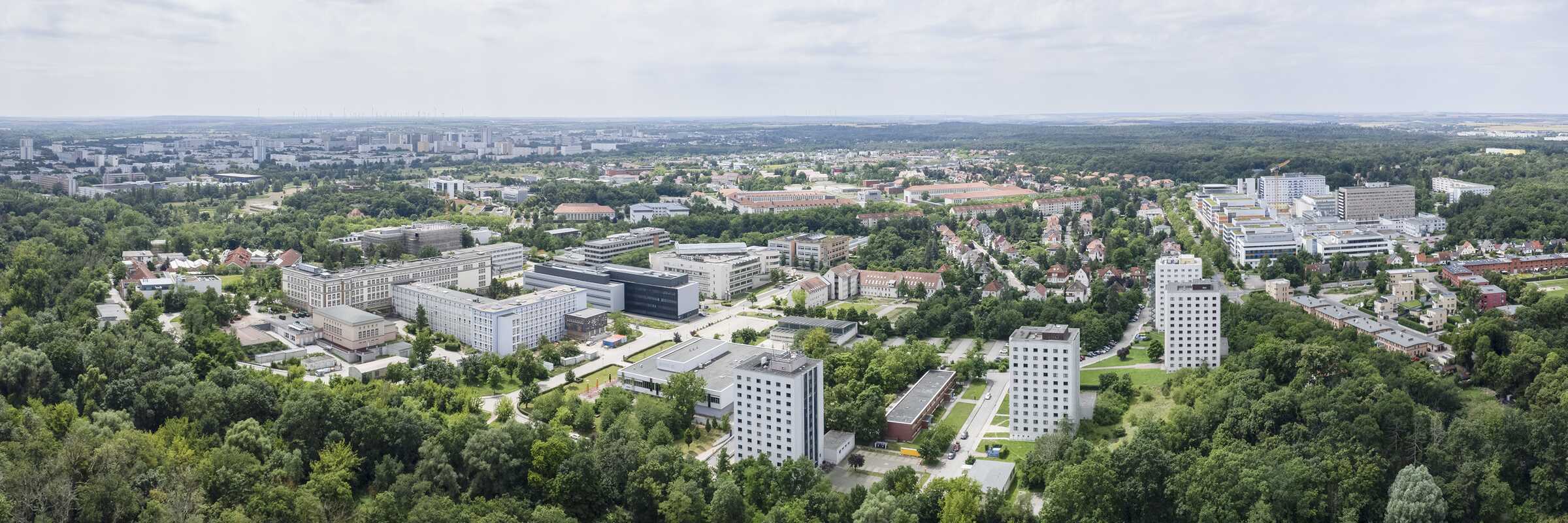Dr. Konrad Glund
Former CEO Probiodrug AG (Retired)
(The interview was conducted in August 2017.)
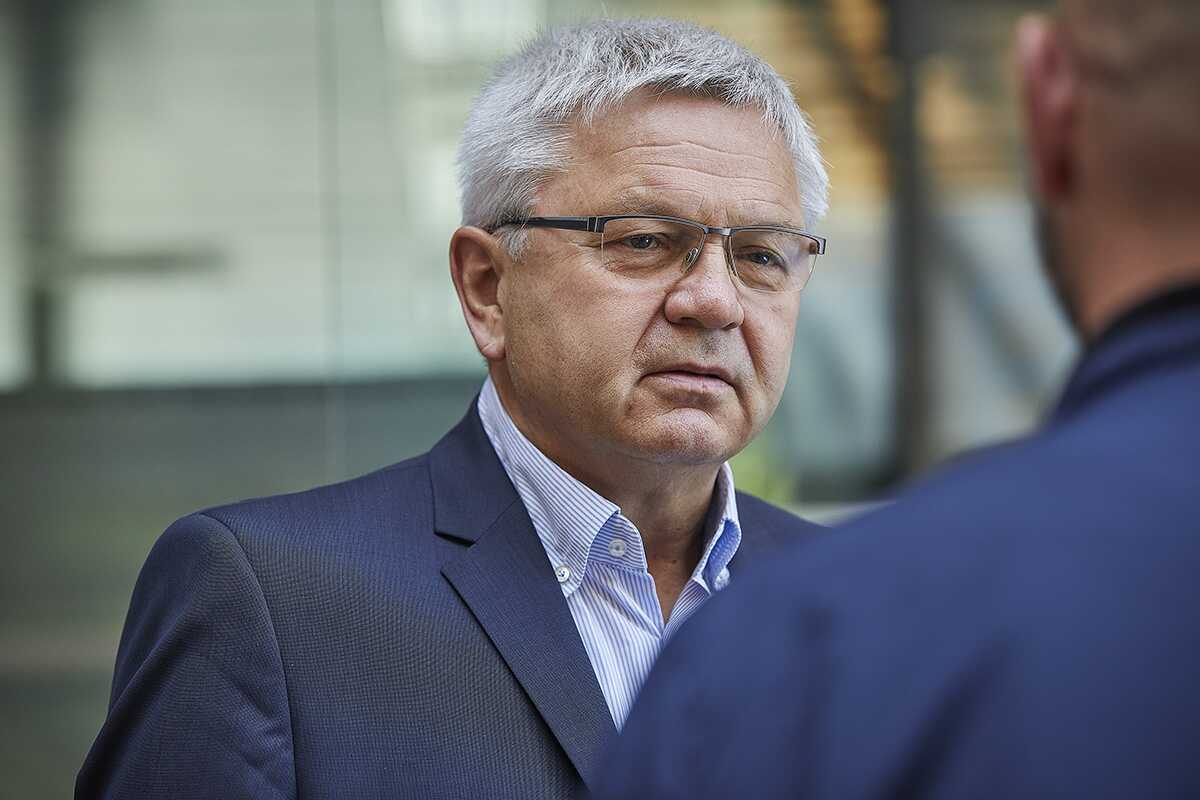
Probiodrug AG is a biotechnology company that develops novel therapeutic solutions for the treatment of Alzheimer's disease. These concepts are based on scientific work and findings of the company and are documented in patents and scientific publications. The development of product candidates starts in the laboratory and goes through the usual stages. Our most advanced drug candidate is a low molecular weight enzyme inhibitor in phase 2 clinical development for the treatment of Alzheimer's disease.
Probiodrug was founded in 1997 by Hans-Ulrich Demuth and myself. Both the founding concept, the development of DP4 inhibitors for the treatment of diabetes and the new approach to the treatment of Alzheimer's disease are based on the scientific expertise of Hans-Ulrich Demuth. The company has been financed by venture capitalists since its foundation and has been listed on the EURONEXT Amsterdam stock exchange since October 2014. The business model envisages the preclinical or clinical development of product candidates and the licensing of these to fully integrated pharmaceutical companies.
What entrepreneurial or social impact do you see for your company's products?
Alzheimer's disease is a neurodegenerative disease and the most common form of dementia. There are currently 47 million people living with this disease worldwide and it is estimated that this number will rise to 131 million by 2050. The global cost of Alzheimer's disease to society is estimated at over $818 billion and will have reached $1 trillion by 2018.
Today, there are approved drugs that, for a limited period of time, lead to a certain improvement in cognitive performance (symptomatic treatment), but do not stop the progression of the disease. Probiodrugs concept is a "disease modifying" approach and potentially capable of slowing down or stopping the disease.
What are the advantages of the location Weinberg Campus?
It was a great advantage for us to be able to move into tailor-made premises when the company was founded in 1997. The city of Halle and the state of Saxony-Anhalt in cooperation with the Weinberg Campus support and accompany new companies with a wide range of measures and programs. We value the close ties between companies and research institutions (university, Fraunhofer, Helmholtz, etc.) at the Weinberg Campus.
What do you want from an entrepreneurial perspective for the Weinberg Campus?
The Weinberg Campus is to continue to support new start-ups in the future. The appeal of this location lives from its ambitions to promote cooperation and, in particular, to transform scientific findings into products and processes and to commercialize them through spin-offs from academic institutions. The Weinberg Campus offers optimal conditions for this by providing infrastructure, advice and appropriate programs.
(The interview was conducted in August 2017. Dr. Glund is retired.)

